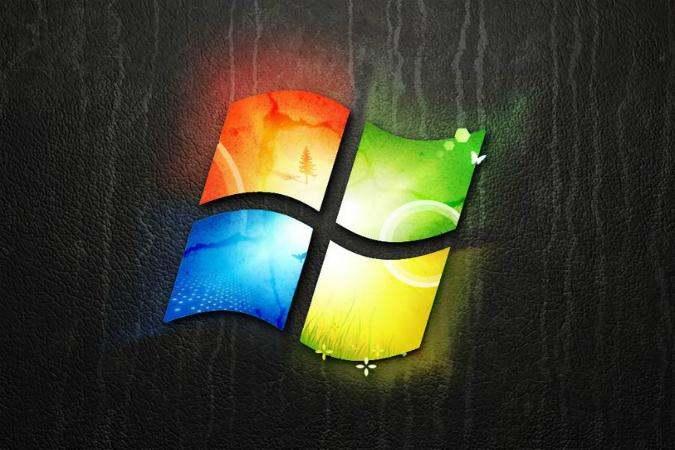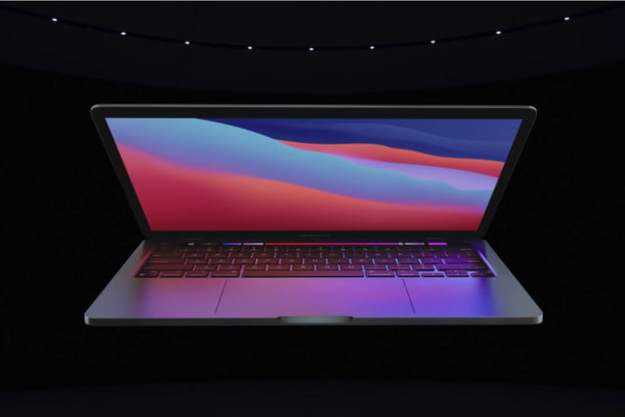
Like many individual consumers, the U.S. government is having a tough time letting go of Windows XP. Despite having more than six years to prepare for the end of the OS’ support, more than 10 percent of government PCs will continue to use the aged operating system once Microsoft’s April 8 end of support date arrives less than a month from now, according to The Washington Post.
Much of the government’s IT infrastructure was designed for Windows XP, so even after kicking off a transition process to move away from XP more than two years ago, the number of PCs expected to be running XP when Microsoft kills support are expected to number in the hundreds of thousands.
The news follows a security bulletin issued last week from the U.S. Computer Emergency Readiness Team, a division of the Department of Homeland Security, warning the public that PCs still running XP after the April 8 cutoff date, especially in conjunction with Internet Explorer, would pose a major security risk.
“Once XP goes out of support and is no longer patched, you’ve just raised the vulnerability significantly on the whole Windows platform in your organization if you haven’t moved off XP,” former Department of Homeland Security Chief Information Officer Richard Spires told the Washington Post.
Though the Department of Homeland Security told The Post that their computers will be off of Windows XP by April 8, — thousands of computers that reside on classified military and diplomatic networks will likely still be running the XP.
Federal officials have reportedly asked Microsoft to extend the XP support deadline, but Microsoft refused to accommodate them. Mark Williams, Microsoft’s chief security officer for federal systems, says the company feels that computers running XP are not necessarily in imminent danger:
“Because we are tightly working with our customers, and because of the types of systems that have yet to make the move off XP, we do not feel there is a substantially greater risk for the federal government on April 9 than there is on April 7,” Williams told the Post. “That being said, at the end of the day, it’s important to remember that the most safe system is a modern one.”
As a consolation, Microsoft said they would consider offering “custom support agreements,” which would provide a small amount of security for government machines. However, that service will likely not be as robust as the services Microsoft currently provides.
Editors' Recommendations
- Microsoft plans to charge for Windows 10 updates in the future
- How to split your screen in Windows 10
- Microsoft adds message on unsupported PCs running Windows 11
- Windows 10X is probably dead, and Microsoft is better off without it
- The Windows 10 app store could get a major update that includes Win32 support


